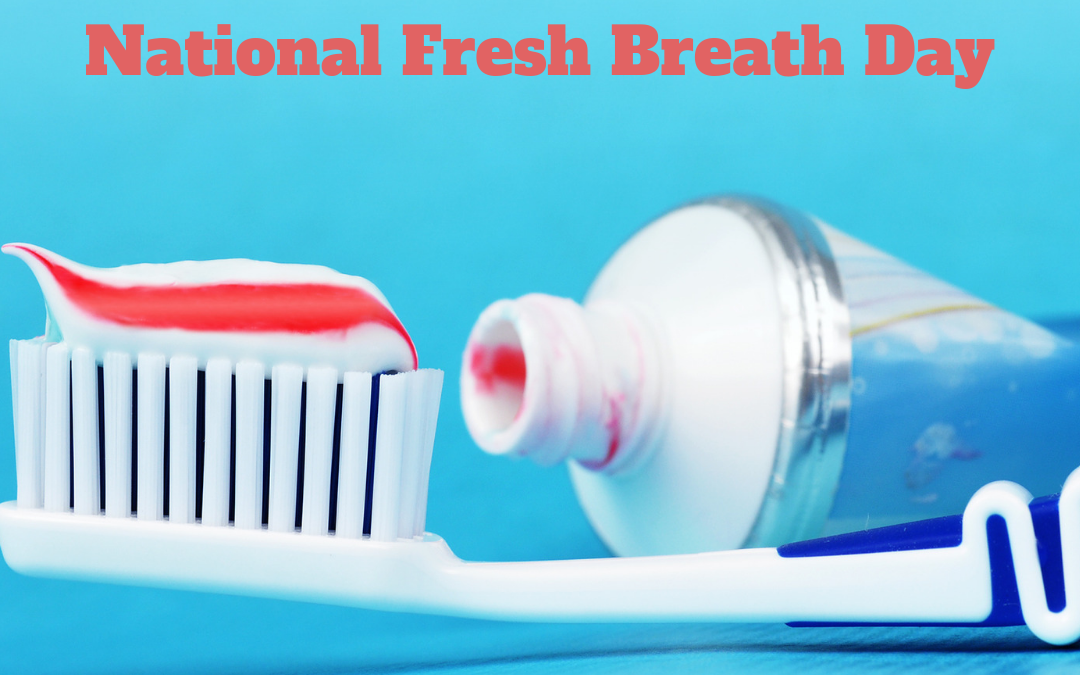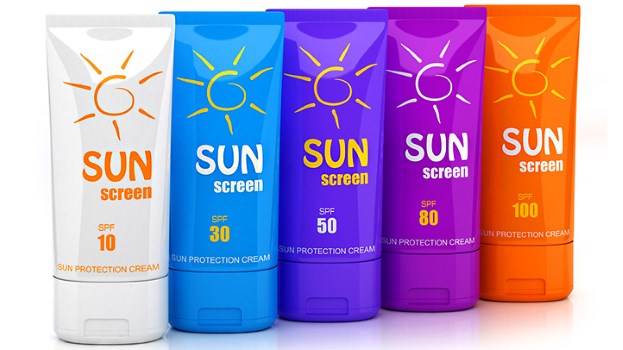Dr. Neil Alan Fenske, Director of Dermatology at USF Health, recommends physical sunscreens for children over chemical sunscreens. The main ingredients in physical sun blocks are Zinc or Titanium Oxide. He said children’s skin is still developing, and it’s best to not have chemicals absorb into their skin. He said children six months or younger should not be exposed to the sun at all.
Dr. Fenske said with physical and chemical sunscreens, you need to look for broad spectrum and use at least SPF 30. If you are using physical sunscreen and are spending time in the water, you may want to increase your SPF to 40 or 50.
Dr. Fenske said he recommends cream over spray sunscreens. He said spray coverage can be inconsistent. It is also flammable and you are at risk of inhaling it.
You want to avoid natural sunscreens.
“There aren’t, in my opinion, good, effective, botanicals as sunscreens to use on the skin… And we’ve had patients who have used them and gotten burns because it just wasn’t effective. So, it sounds good, but at the end of the day, it’s what works,” Dr. Fenske said.
Some good rules to follow: Put sunscreen on 15 minutes before you go outside, make sure you use at least an ounce, and re-apply every two hours.

Oral Health Tips to Get You Through Summer
Oral Health Tips to Get You Through Summer Summer is here which means taking care of your teeth is more important now than ever especially with all the food and beverages you'll be eating and drinking trying to cool down. So what are some things that you can do...

The Benefits of Orthodontic Care
The Benefits of Orthodontic Care It's officially Orthodontic Health Month which means it's time to talk about why orthodontic care is so important and the benefits it has on your oral health as well as your overall health. Read this space to learn about orthodontic...

National Fresh Breath Day is August 6
National Fresh Breath Day is August 6

